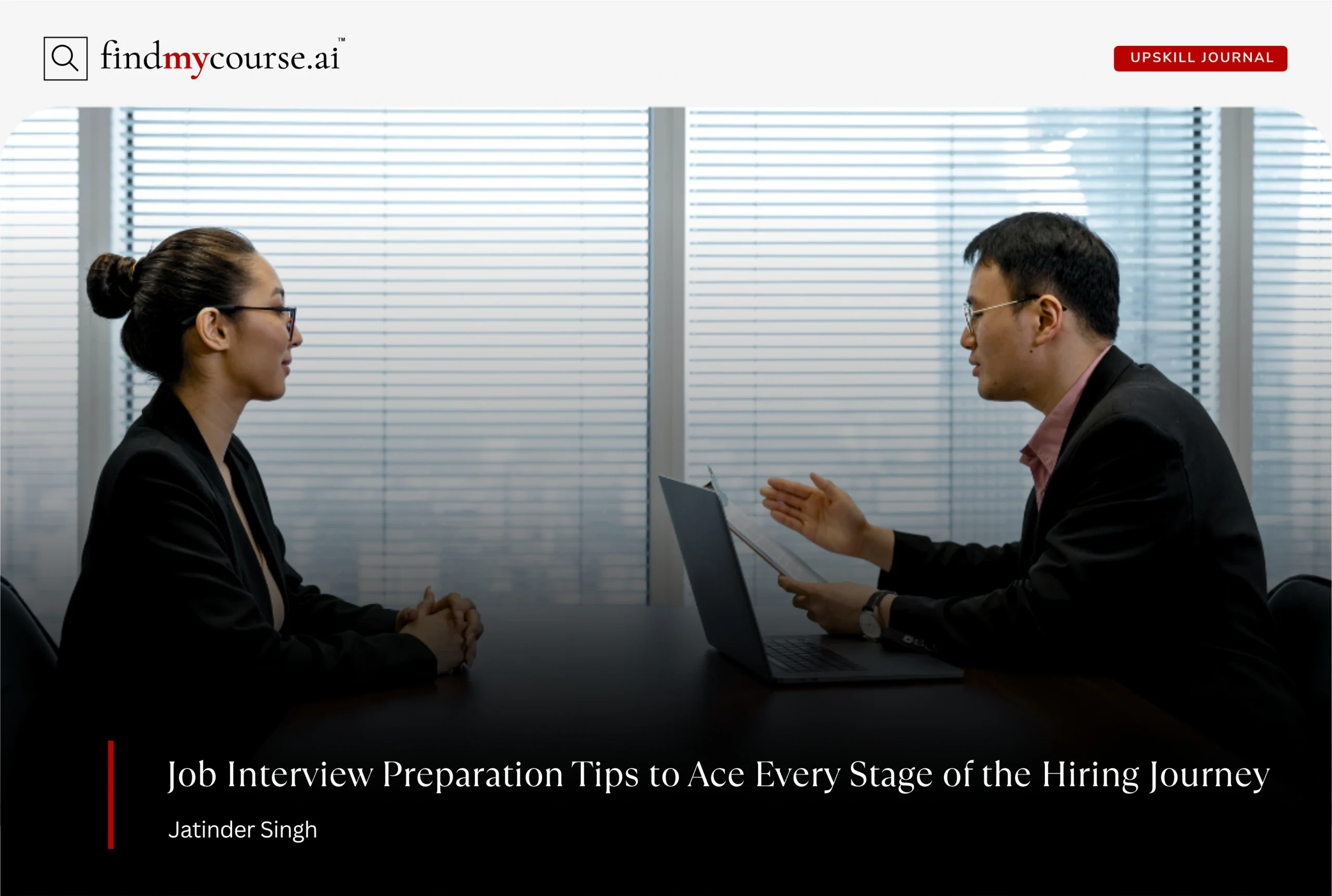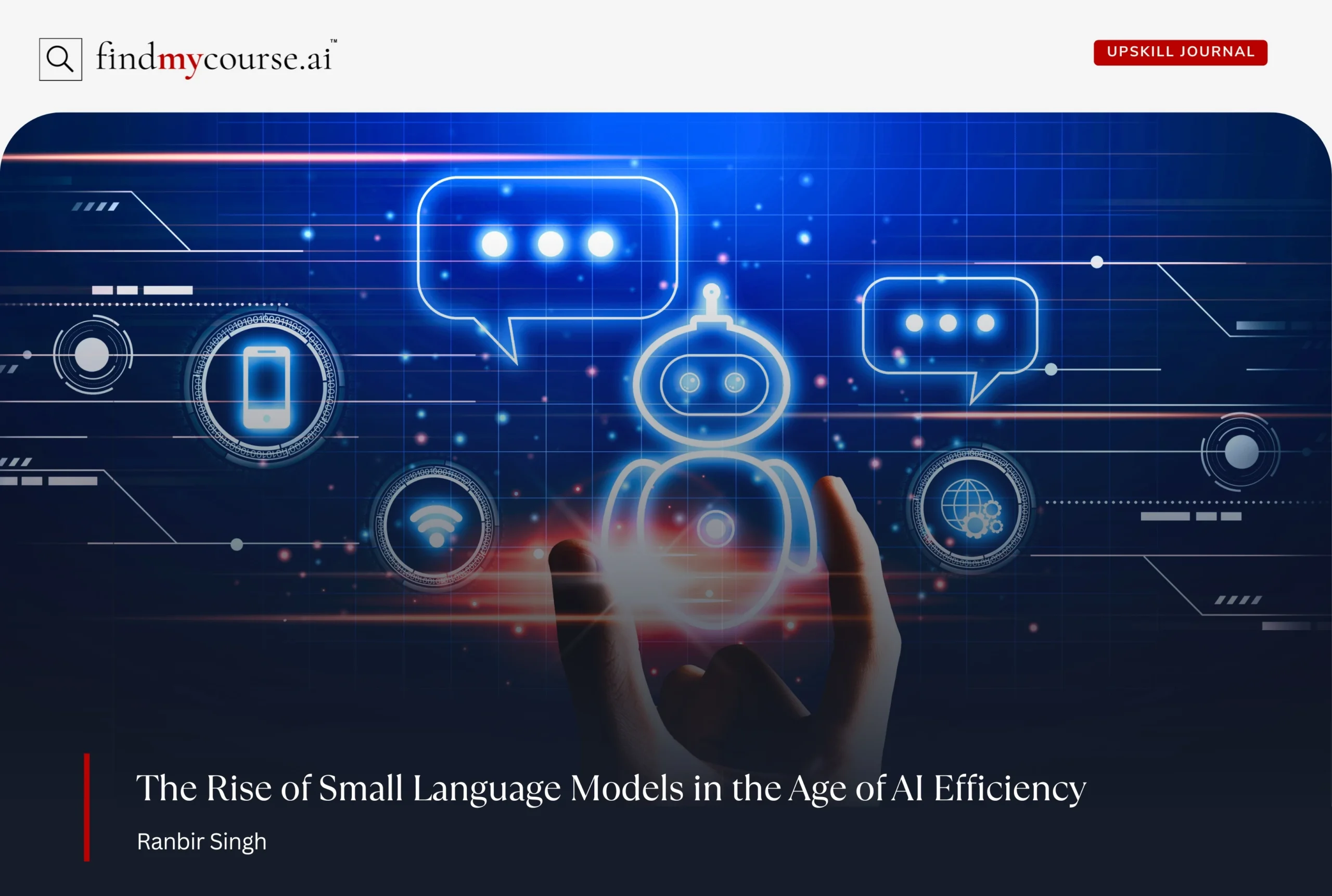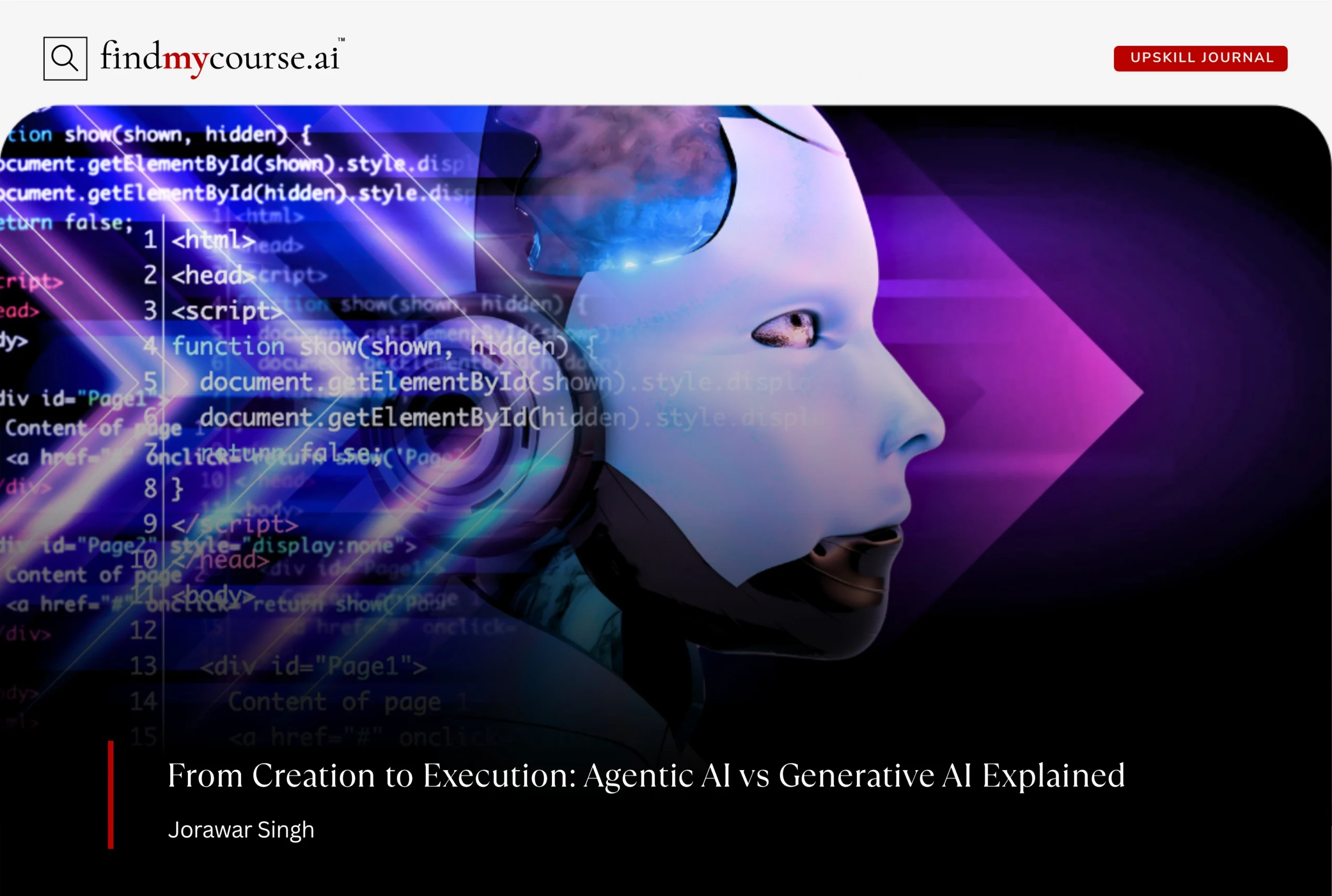Interviews in 2026 look very different from five years ago. Many companies now blend live conversations with AI-driven assessments, hybrid panels, and even asynchronous video interviews where you record answers without seeing your interviewer. That’s why job interview preparation today is no longer just about memorizing answers. It’s about adaptability, presence, and strategy across every stage: before, during, and after.
If you’re serious about upskilling for career growth, this guide will show you how to prepare for a job interview with precision and confidence, so you can shine in the evolving world of work.
Understanding the Three Stages of Interview Success
Every job interview, no matter the format, follows three essential stages: before, during, and after. Thinking of the process this way helps you prepare with structure and confidence.
- Before the interview is where success really begins. This stage is about research, preparation, and setting the right mindset. The more groundwork you do here, the stronger your first impression will be.
- During the interview is your opportunity to demonstrate value. It’s not just about answering questions—it’s about showing adaptability, communicating clearly, and connecting your skills to the company’s needs.
- After the interview is often overlooked, but it’s where you can reinforce your impact. Follow-up, reflection, and maintaining visibility all help you stand out long after the conversation ends.
Mastering all three stages transforms interviews from one-off events into a repeatable system for long-term career growth.
Before the Interview: Setting the Stage
Effective job interview preparation begins long before you sit down with an interviewer. In fact, the groundwork you lay here often determines the outcome.
1. Research beyond the basics
In 2026, hiring managers expect more than a quick glance at the company’s website. Dive into their latest product launches, sustainability initiatives, or industry challenges. Use social media, podcasts, and leadership interviews to capture tone and priorities.
When preparing for a job interview, link your expertise to their goals. This positions you as a problem-solver rather than a passive candidate.
2. Prepare for multiple interview formats
Is it live on Zoom, hybrid with a mixed panel, or an asynchronous one-way video? Practicing for all three formats ensures you won’t be caught off guard.
- Live/virtual: Test tech, lighting, and audio.
- Hybrid: Balance attention between in-room and remote participants.
- Asynchronous: Keep answers concise, steady, and on time.
3. Craft powerful stories with skills focus
Use the STAR method—Situation, Task, Action, Result—and add the skills you developed or demonstrated. Employers in 2026 value adaptability and learning ability as much as technical expertise.
4. Digital footprint check
Employers almost always Google candidates before or after interviews. Make sure your LinkedIn is current, your online profiles are professional, and no conflicting content undermines your credibility. Sharing thoughtful posts or industry insights ahead of time can even strengthen your image.
5. Plan logistics and mindset
Arrive early, check your environment, dress with intention, and rehearse a short confidence ritual. These small steps make a big difference in projecting composure.
During the Interview: Owning the Moment
This is the stage where job interview preparation pays off visibly. Confidence, clarity, and adaptability set you apart.
1. Start with presence
First impressions matter. Interviewers often form opinions within minutes, and AI tools can analyze tone and posture. Smile, sit upright, and project enthusiasm.
2. Listen actively, respond strategically
Pause to think, answer with structure, and tie responses to value. For example: “I managed a cross-functional team, delivering a project two weeks early. The skills I used—collaboration and conflict resolution—are ones I’ll bring here.”
3. Demonstrate adaptability
Unexpected questions are common. Show reasoning as well as results. Employers want to see how you think under pressure.
4. Handling AI-driven tools
Many interviews now include AI scoring systems that assess communication style, word choice, and even eye contact. Don’t let this intimidate you. Speak naturally, vary tone, and avoid rehearsed scripts. AI favors clarity, authenticity, and confidence.
5. Master nonverbal communication
Maintain steady eye contact, use gestures naturally, and vary your tone. Multimodal assessments in 2026 often evaluate these subtle cues.
6. Ask forward-thinking questions
Ask about success metrics, hybrid work strategies, or growth opportunities. This demonstrates curiosity and initiative.
7. End with intention
Close by thanking the panel and restating your enthusiasm. Mention something specific they shared to make your closing memorable.
After the Interview: Turning Effort into Opportunity
Many candidates neglect this stage, but it’s where job interview preparation continues to set you apart.
1. Send a modern thank-you
Within 24 hours, send personalized notes. For hybrid interviews, follow up with both in-person and virtual members. Consider connecting on LinkedIn with a thoughtful message.
2. Reflect and upskill
Write down what worked and what didn’t. Each interview becomes a training ground. Reflection builds momentum, making each attempt sharper than the last.
3. Follow up respectfully
If you haven’t heard back, follow up briefly and politely. Employers notice persistence combined with professionalism.
4. Maintain professional visibility
Even while waiting for results, stay visible. Share an industry article, engage on LinkedIn, or attend a networking event. Employers sometimes check back on candidates’ activity, and seeing you engaged reinforces your credibility.
5. Stay in motion
Keep applying. Treat each interview as practice for the next. Momentum is your ally.
6. Negotiate wisely if offered the job
Compensation in 2026 includes more than salary. Discuss flexibility, professional development, and learning support. These can be as valuable as pay.
Job Interview Preparation for Special Situations
Not all interviews follow the standard Q&A format. Employers in 2026 increasingly use dynamic, mixed interview styles to evaluate how candidates perform in real-world scenarios. Being ready for these special formats helps you stay calm, confident, and strategic.
1. Group/Panel Dynamics
When interviewing with multiple people, balance your eye contact and responses so every panelist feels included. Acknowledge different perspectives and connect your answers to what matters most for each role represented in the room.
2. Case Study or Whiteboard Rounds
These test problem-solving and communication more than perfection. Structure your response using a clear framework, and narrate your reasoning step by step. Demonstrating how you approach challenges often matters more than arriving at the “right” solution.
3. Behavioral vs. Technical Mix
Many companies now blend soft-skill and technical evaluations in one session. Be prepared to shift gears—telling a STAR story to highlight collaboration in one moment, then walking through a technical solution the next. Flexibility is the skill that gets noticed here.
Final Thoughts
Job interview preparation in 2026 demand more than polished answers—they require adaptability across formats, from AI video screenings to hybrid panels. Success comes from preparation before, presence during, and reflection after. Each stage reinforces the others: research builds confidence, authenticity builds trust, and follow-up builds momentum. Even setbacks are valuable, offering insights to refine your approach. Remember, employers seek not just skills but curiosity, resilience, and growth potential. Treat every interview as part of a long-term career journey, not a one-off event. With purpose and consistency, you’ll do more than land a job—you’ll future-proof your career. And if at any point you feel stuck or unsure, you can always lean on an AI assistant for personalized interview prep and guidance.


